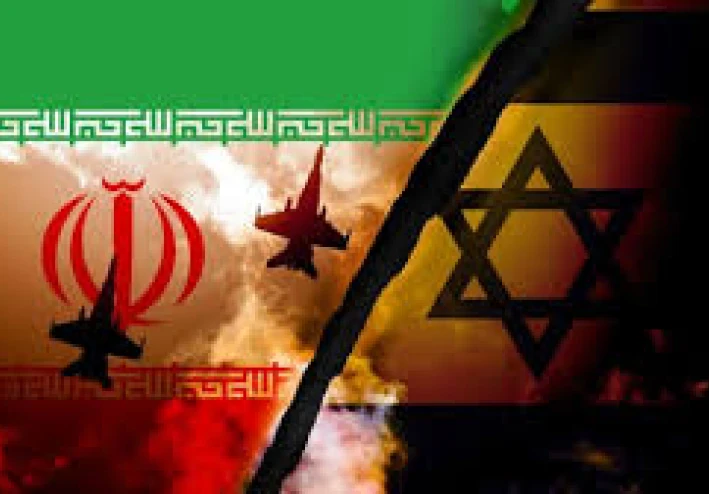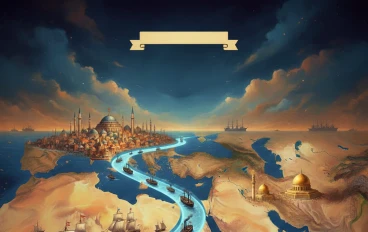
Latest News: The Escalating War Between Israel and Iran
A New Phase of Direct Conflict: What's Happening on the Ground
The long-running shadow war between Iran and Israel has erupted into a full-scale direct conflict, with both sides engaging in unprecedented military strikes. The past few weeks have seen a dramatic escalation, moving beyond proxy warfare to direct missile and drone attacks. This has put the region and the international community on high alert, with a fragile ceasefire announced but its hold remaining uncertain.
The Cycle of Retaliation: A Detailed Look at Recent Strikes
Iran's Barrage of Missiles and Drones
In a significant show of force, Iran launched multiple waves of missiles and drones toward Israel, a direct retaliation for Israeli strikes on its nuclear and military facilities. While Israel's advanced, multi-layered air defense systems intercepted the vast majority of these projectiles, some managed to get through, causing damage and casualties.
Impacts on Israeli Cities: Reports indicate missile impacts in various cities, including Tel Aviv, Haifa, and Beersheva, causing damage to residential buildings, infrastructure, and even a school.
A Shift in Strategy: This direct attack marks a major departure from Iran's previous use of proxies and signals a new willingness to engage militarily on its own.
Casualties and Damage: While many residents were able to take shelter, casualties have been reported. In Tel Aviv, an Iranian missile caused heavy damage to a residential building, and other strikes have damaged homes and businesses across Israel.
Israel’s Strikes on Iranian Nuclear and Military Sites
Israel's campaign began with large-scale airstrikes targeting Iran's nuclear and military infrastructure. These attacks, which have been ongoing, are aimed at crippling Iran's nuclear program and degrading its military capabilities.
Targeting Key Facilities: Israeli warplanes and drones have hit nuclear sites in Natanz, Fordo, and Isfahan, with the goal of setting back Iran's uranium enrichment program.
Loss of Key Commanders: The strikes have also targeted and killed top Iranian military commanders and nuclear scientists, a move designed to disrupt Iran's leadership and expertise.
"Bunker-Buster" Bombs: The US has also reportedly joined these strikes, using powerful "bunker-buster" bombs to target deeply buried nuclear facilities, a move that the US claims has "completely and fully obliterated" the sites.
The US Role: Broker, Intervenor, and Critic
The United States has played a complex and central role in this conflict. While the US joined Israel in attacking Iranian nuclear sites, it has also actively pursued a diplomatic path to de-escalate tensions.
Military Intervention: The US launched its own "massive precision strikes" on Iranian nuclear sites, an unprecedented direct military action.
Diplomatic Pressure and a Fragile Ceasefire: Following the military action, the US, through direct and indirect channels, helped to broker a "complete and total ceasefire."
Frustration with Both Sides: Despite the ceasefire, there have been reports of violations from both sides, leading to frustration from US officials who have urged a full de-escalation.
Future Negotiations: The US has expressed hope for future negotiations with Iran, but Iran has been hesitant, citing a lack of trust after the US strikes.
Regional and Global Implications
The war has had significant regional and global impacts. The conflict has strained international relations, with Russia and China expressing concern and urging a ceasefire. The security of oil supplies through the Strait of Hormuz remains a major concern for the global economy. The conflict also raises questions about Iran's nuclear program and whether it will now accelerate its efforts to build a nuclear weapon.



































